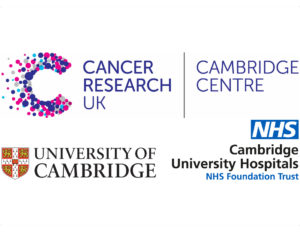Understanding and implementing artificial intelligence technologies to improve skin cancer assessment in primary care settings (PhD)
Start Date Apr 2020
Code C12-Aff, PhD
Status Ongoing
Collaborators: Prof Anne Spencer (Exeter), Prof Jon Emery (Melbourne)
Skin cancer, including melanoma and the keratocytic carcinomas (basal cell carcinoma (BCC) and cutaneous squamous cell carcinoma (SCC), previously known as non-melanoma skin cancers), has one of the highest global incidences of any form of cancer. In the UK in 2017 nearly 14,000 people were diagnosed with the deadliest skin cancer, melanoma. Over the last decade the incidence of melanoma has increased by 50% in the UK, and about one in ten melanomas are diagnosed at a late stage. Primary care clinicians have a vital role to play in detecting and managing patients with skin lesions suspected to be skin cancer, as timely diagnosis and treatment can improve patient outcomes, particularly for melanoma. However, detecting skin cancer can be challenging, as common non-malignant skin lesions share features with less common skin cancers. In recent years there has been huge interest in the application of artificial intelligence (AI) to medical diagnosis in general. One key area is cancer detection and diagnosis, and emerging AI technologies and diagnostic aids may soon become available for use in primary care and community settings to aid the triage of suspicious skin lesions. The questions we aim to address are: 1. Which AI technologies for detecting possible skin cancer may be ready for evaluation prior to implementation in the primary care setting? 2. What will be the costs and benefits of such implementation to patients and to the NHS?
Publications
- Jones OT, Matin RN, van der Schaar M, Prathivadi Bhayankaram K, Ranmuthu CKI, Islam MS, Behiyat D, Boscott R, Calanzani N, Emery J, Williams HC, Walter FM. Artificial intelligence and machine learning algorithms for early detection of skin cancer in community and primary care settings: a systematic review. The Lancet Digital Health June 2022. doi: 10.1016/S2589-7500(22)00023-1



